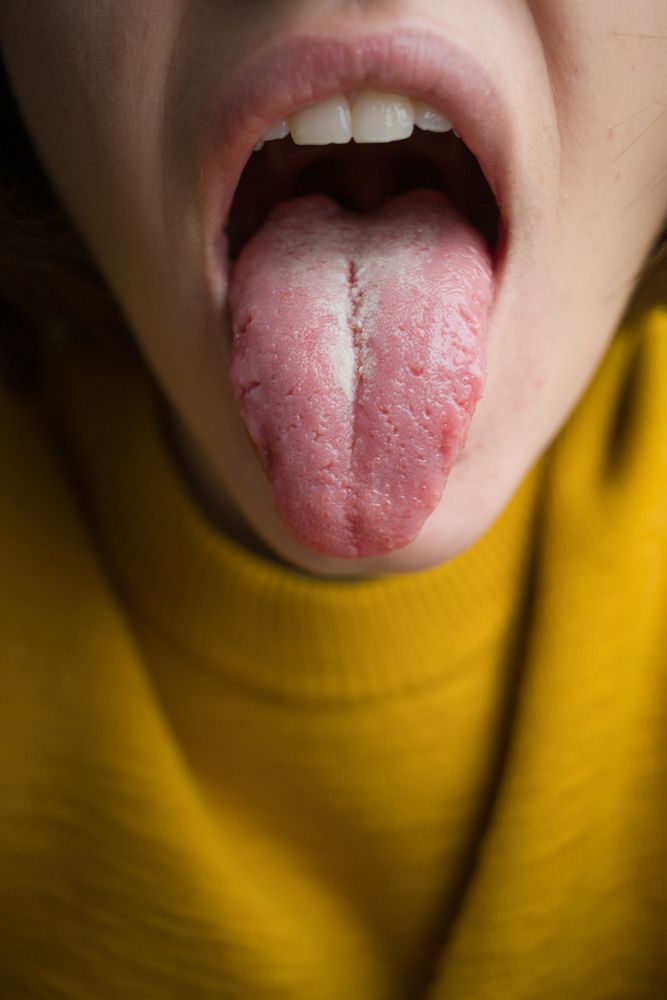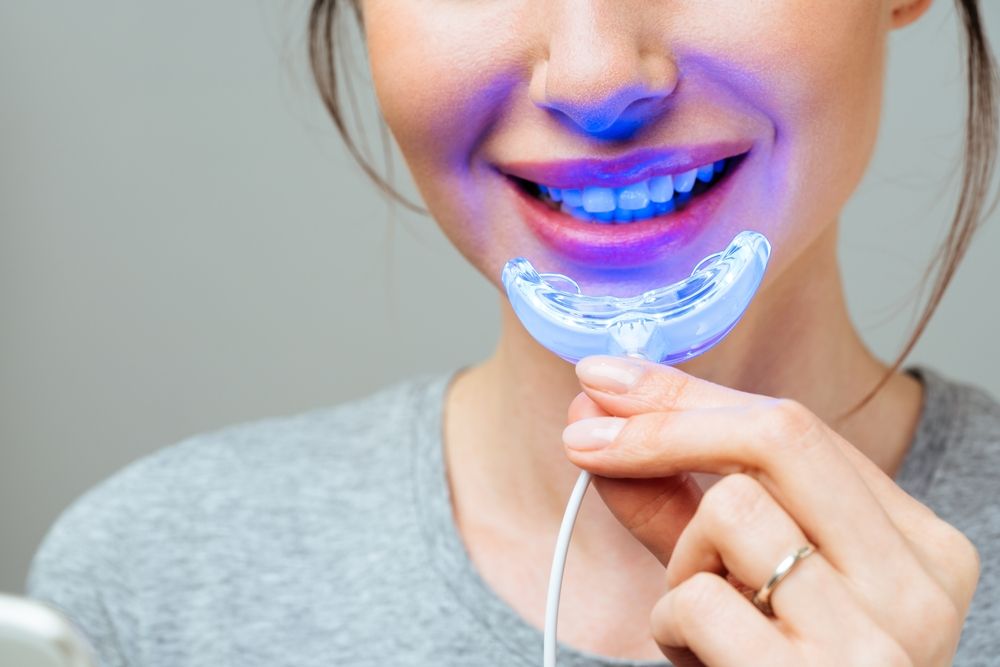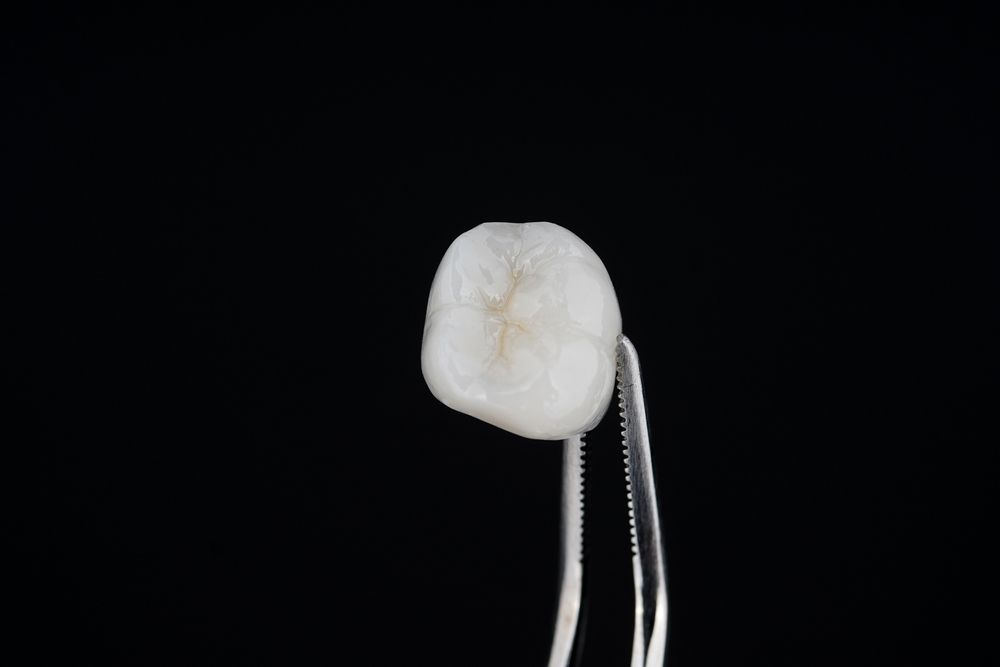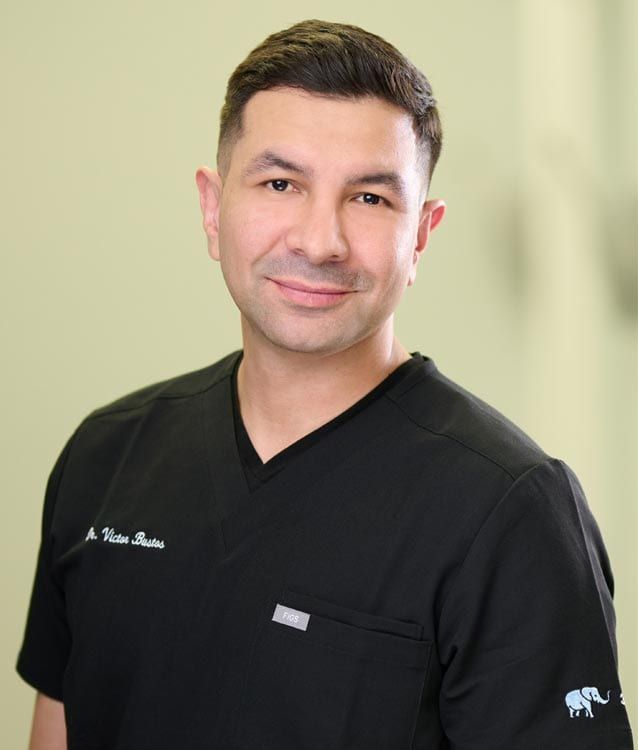You have good reason to be excited if you’re getting orthodontic appliances. This choice marks the first step towards having the smile you’ve always dreamed of. A straight, beautiful smile is also easier to take care of. The process can be a bit involved, from straightening your teeth to correcting a problem with your bite. While the results are worth the wait, there can be some significant discomfort along the way, especially at first. It’s not uncommon for cheek and gum tissue to become inflamed, nor for the jaw to experience some pain. While this may fade after a couple of weeks, that can seem like forever while it’s happening. Thankfully, there are methods available to address this pain.
Receiving Pain Relief After Your Orthodontic Care
While the discomfort mentioned above may be anticipated, that doesn’t mean you have to simply endure it. The seriousness of the pain experienced by each patient varies, even with the same procedures. This is due to a number of factors, from oral health to pain tolerance. In the majority of cases, the pain experienced is easily manageable using over-the-counter medications.
- Non-Steroidal Anti-Inflammatory Drugs: This type of medication addresses pain by reducing swelling and inflammation. These symptoms can increase sensitivity and discomfort and make the gums bleed more often. Most will recognize Aleve, Naproxen Sodium, and Ibuprofen as brands of NSAIDs.
- Analgesics: This family of medicines reduces the ability of the body to experience pain. A mild over-the-counter analgesic is acetaminophen, which most people will recognize as Aspirin. These often pair well with NSAIDs in reducing pain.
- Targeted Nutritional Guidance: This simply refers to watching what you eat while you have orthodontics. Our dietary choices can have a notable impact on the amount of discomfort we experience after orthodontic care. Learning what to eat to reduce strain on your teeth and orthodontic appliances can aid in reducing pain.
When it comes to receiving advice about managing orthodontic pain, your dentist is your first stop. The pain you’re experiencing may just be normal post-orthodontic treatment pain. However, it can also point to serious complications that will need professional attention. Speaking to your dentist will ensure that you get a proper oral health inspection. This will ensure you can rest easy that the symptoms are normal and not a sign of something going wrong with your orthodontic care. Most people report that post-orthodontic pain passes within 14 days of receiving their appliance.
Speak To Your Dentist About More Options for Relief
Many people report that the pain they experience in their oral cavity seems worse than when it occurs elsewhere. All subjective experiences aside, oral mouth pain can make speaking, eating, and other activities uncomfortable or difficult. If you’re experiencing post-orthodontic pain and are wondering what can be done, speak to your dentist. They’ll provide you with treatment options to help you see you through those first harrowing weeks. After that, it should be smooth traveling to the beautiful smile you’ve wanted all along.






